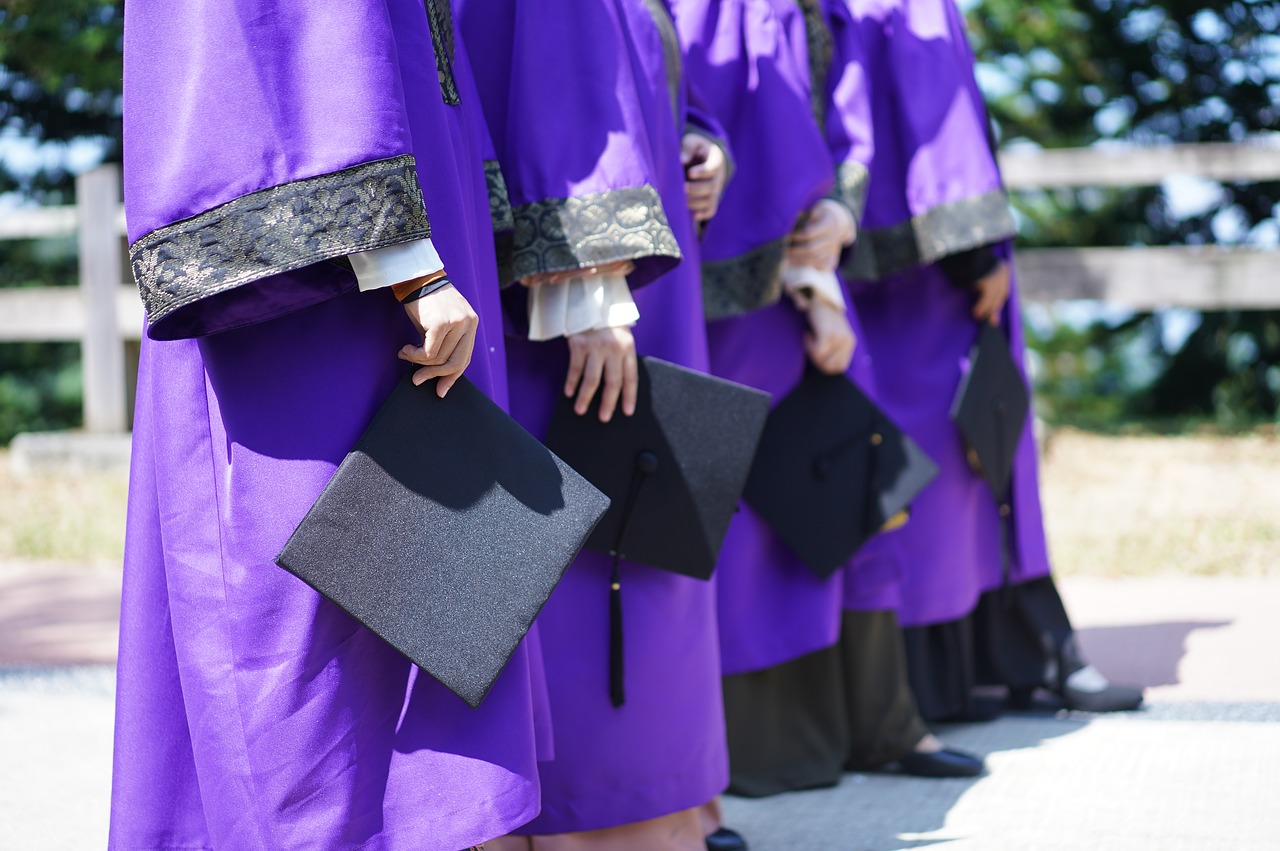 BLOCKCHAIN
BLOCKCHAIN
 BLOCKCHAIN
BLOCKCHAIN
 BLOCKCHAIN
BLOCKCHAIN
Starting this year, students from 18 educational institutions in Singapore will receive digital ledger blockchain-based verifiable certificates, Education Minister Ong Ye Kung announced today.
The initiative is part of a nationwide government-level project called OpenCerts, a jointly developed blockchain project by SkillsFuture Singapore, the Government Technology Agency, the Ministry of Education and Ngee Ann Polytechnic.
Using OpenCerts, educational organizations need not tie into a centralized database and receive the benefits of a tamper-proof ledger containing the vital information needed to verify diplomas and other certifications. Students can use certificates assigned on the OpenCerts blockchain to apply to jobs and higher education. Ideally, that should also provide lower costs and efficiency over building a centralized database for the same purpose.
The change will also save money for educators and businesses by removing the need for tedious paperwork and the time it takes to double-check paper certificates against master copies. When a verification is needed, a hash stored in the blockchain can be compared to the information supplied by the certificate holder in far less time than by traditional means.
“With OpenCerts, we are harnessing the power of blockchain in a practical way,” Ong said. “It allows for any education institute to issue OpenCerts, and for anyone to quickly check the validity of a digital certificate.”
Ong called this initiative a “tangible example” of the benefits of blockchain technology for Singapore’s educational system.
“With OpenCerts, any unsavory characters submitting forged certificates or degrees from Singapore institutions to try and get a job will be quickly found out and denied,” Ong said. “It is a good solution to a real-world problem.”
Blockchain technology works well to secure documents by providing a method of time-stamping and verifying that data is unchanged using a cryptographic hash. When a document is added to the blockchain, a number — in the form a of hash — is produced that is nearly unique to that document. Any change, even a single character, would change that hash, thus revealing that the document has been tampered with.
This technology has been explored as a way to provide verification for student’s certificates and professional qualifications. Examples include a partnership between Sony Global Education Inc. and Fujitsu Inc. to secure foreign worker language training records in Japan, another project from Sony for sharing academic records, and SpringRole Inc.’s blockchain-based professional reputation network.
Patrice Choong, director of Ngee Ann Polytechnic’s innovation and entrepreneurship office, said that issuing and verifying certificates was a major “productivity issue” that needed to be solved. On average, Choong said, NP issues about 10,000 physical certificates a year, all of which need to be printed and stamped. The office also receives about 2,000 verification requests from employers and schools.
“This is manual work for us,” Choong said. “So this system removes two needs: the need for physical, certified-true copies and the need for verification requests.”
Since it can take several days to complete a request for verification, the OpenCerts nationwide blockchain is expected to speed up the process greatly. A verification against the blockchain would take minutes instead of the hours needed to pull records, tediously check paperwork by hand and then get back to the origin of the request by phone or e-mail.
After the initial roll-out, the initiative plans to start digitizing already-issued certificates as well.
The open-source nature of the technology also means that it can be built upon by other organizations and used for commercial purposes. As a nationwide project, the OpenCerts certificates blockchain verification could be made available to services and institutions seeking to use it as part of their own automated admissions processes.
THANK YOU